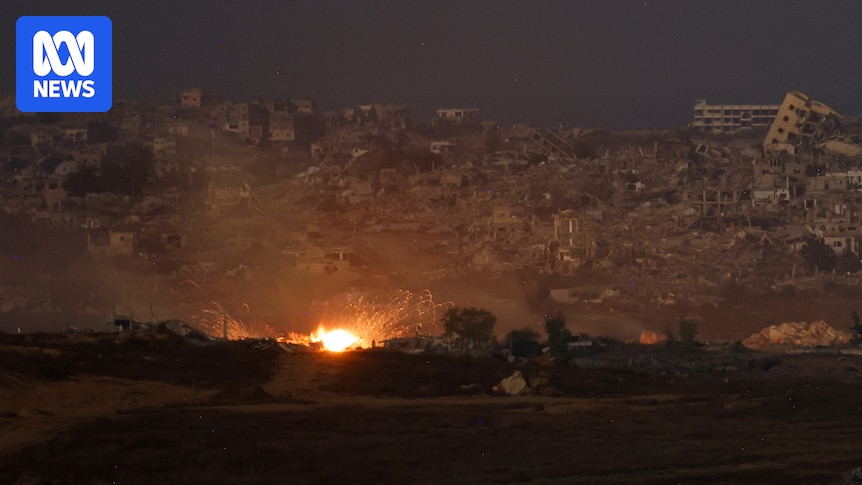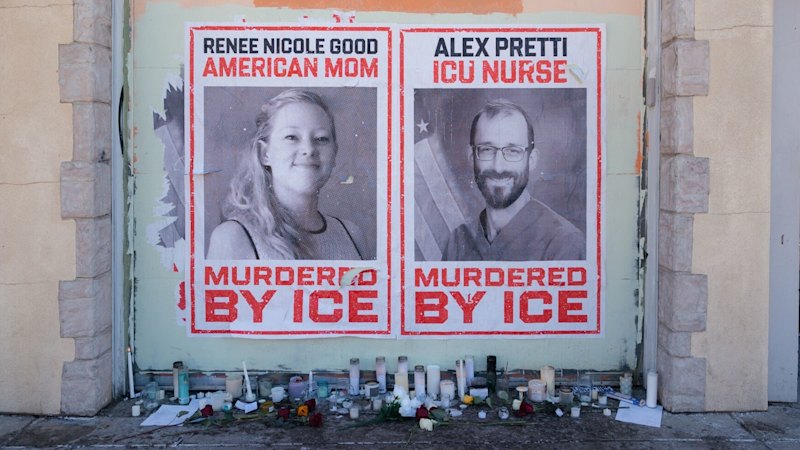
In a significant development in the ongoing conflict in Gaza, Hamas has announced its agreement to release 10 hostages as part of ceasefire negotiations. This announcement follows Israel’s optimistic outlook regarding a potential deal to halt the fighting in the beleaguered Palestinian territory.
The statement from the Islamist group came after four days of indirect discussions facilitated by Qatar. Meanwhile, the United States has expressed confidence that an agreement for a 60-day truce could be reached by the end of the week. US special envoy Steve Witkoff confirmed that the release of 10 hostages, held since Hamas’s attack on Israel on October 7, 2023, is a component of the proposed deal.
Background of the Hostage Situation
During the October assault on Israeli border communities near Gaza, 251 hostages were taken, including 49 who remain in captivity. The Israeli military reports that 27 of these hostages are deceased. Hamas has emphasized that while they have shown flexibility in the negotiations, significant challenges remain, particularly concerning the flow of aid into Gaza, the withdrawal of Israeli forces, and guarantees for a lasting peace.
“The movement displayed the required flexibility and agreed to release 10 prisoners [hostages],” Hamas stated. “Despite the difficulty of negotiations over these issues until now due to the intransigence of the occupation, we continue to work seriously and with a positive spirit with the mediators to overcome the hurdles and end the suffering of our people and ensure their aspirations to freedom, safety and a dignified life.”
Israel’s Position and International Mediation
Israel has aligned with US President Donald Trump’s optimistic stance on ending the conflict, as the negotiations in Doha continue. Israeli army chief Eyal Zamir noted that military actions have set the stage for a deal that could see the return of Israeli hostages. Prime Minister Benjamin Netanyahu, after discussions with President Trump in Washington, expressed hope for an imminent agreement.
“I think we’re getting closer to a deal,” Netanyahu stated on FOX Business Network’s Mornings with Maria program. “There’s a good chance that we’ll have it.”
Israel’s Foreign Minister Gideon Saar echoed this sentiment, suggesting that a temporary deal is “achievable” and might pave the way for more enduring peace talks. President Isaac Herzog described the current period as a “historic opportunity” for change, highlighting the shifting global and regional dynamics.
Challenges and Criticisms in the Negotiations
Despite progress, the negotiations face criticism and skepticism. A Palestinian source involved in the Doha talks described Israel’s approach as “listening rather than negotiating,” reflecting Netanyahu’s ongoing policy of obstruction. Hamas, while previously resistant to releasing all hostages, has demanded an end to the war and a full Israeli withdrawal from Gaza. Israel, in turn, seeks assurances that Gaza militants will not pose future threats.
Qatari mediators have cautioned that finalizing a deal will require time. Meanwhile, on the ground, Gaza’s civil defense agency reported 26 fatalities from Israeli strikes on Wednesday, including six children. Witnesses described the devastation as akin to an earthquake, with bodies and debris scattered across the affected areas.
“The explosion was massive, like an earthquake,” said Zuhair Judeh, a witness to the strikes. “The bodies and remains of the martyrs were scattered,” he added, calling it “a horrific massacre.”
Humanitarian Impact and Future Prospects
The humanitarian toll of the conflict remains severe. The United Nations has verified that Israel’s retaliatory campaign has resulted in over 57,680 deaths in Gaza, predominantly civilians, according to the territory’s health ministry. The international community continues to call for a resolution that ensures lasting peace and stability in the region.
As the negotiations progress, the focus remains on achieving a ceasefire that addresses both immediate humanitarian needs and long-term security concerns. The coming days will be critical in determining whether the current momentum can lead to a breakthrough in one of the world’s most enduring conflicts.





